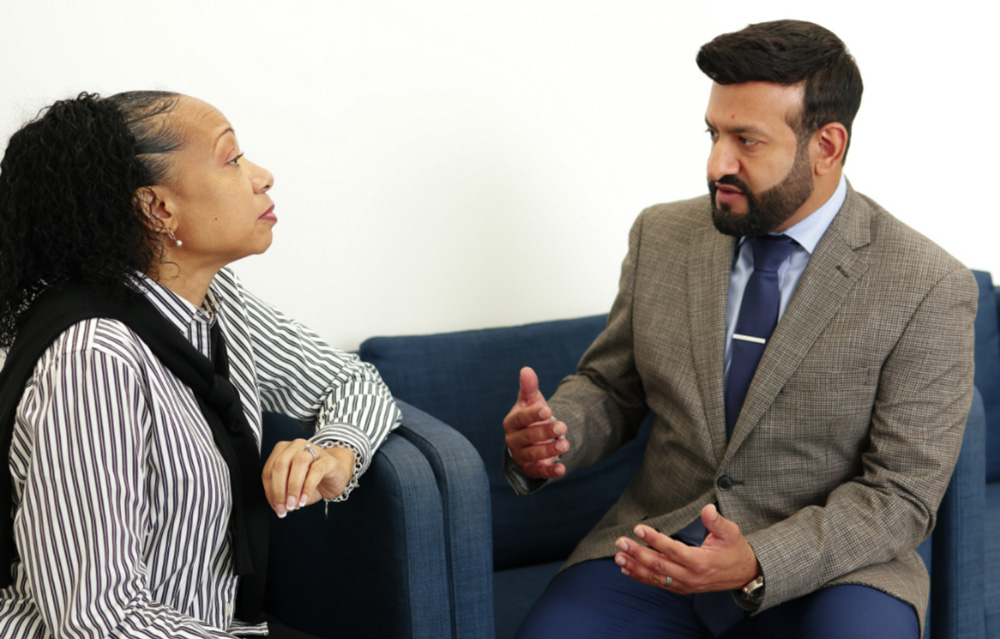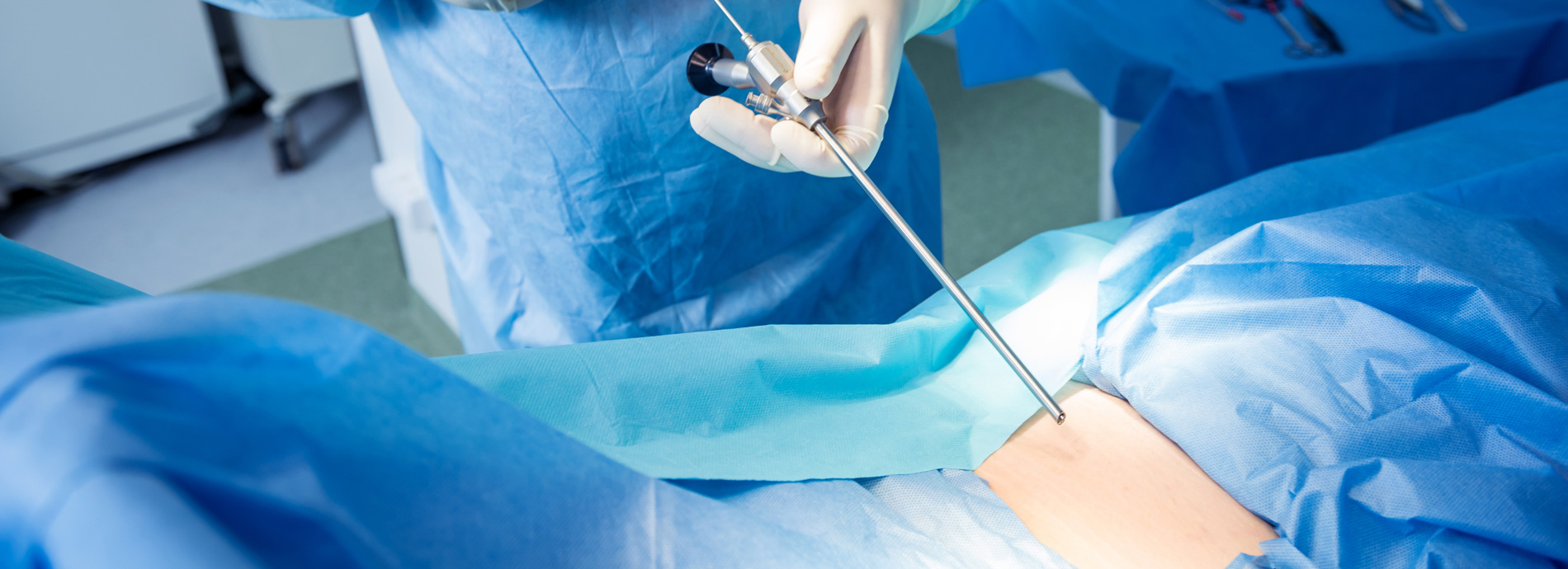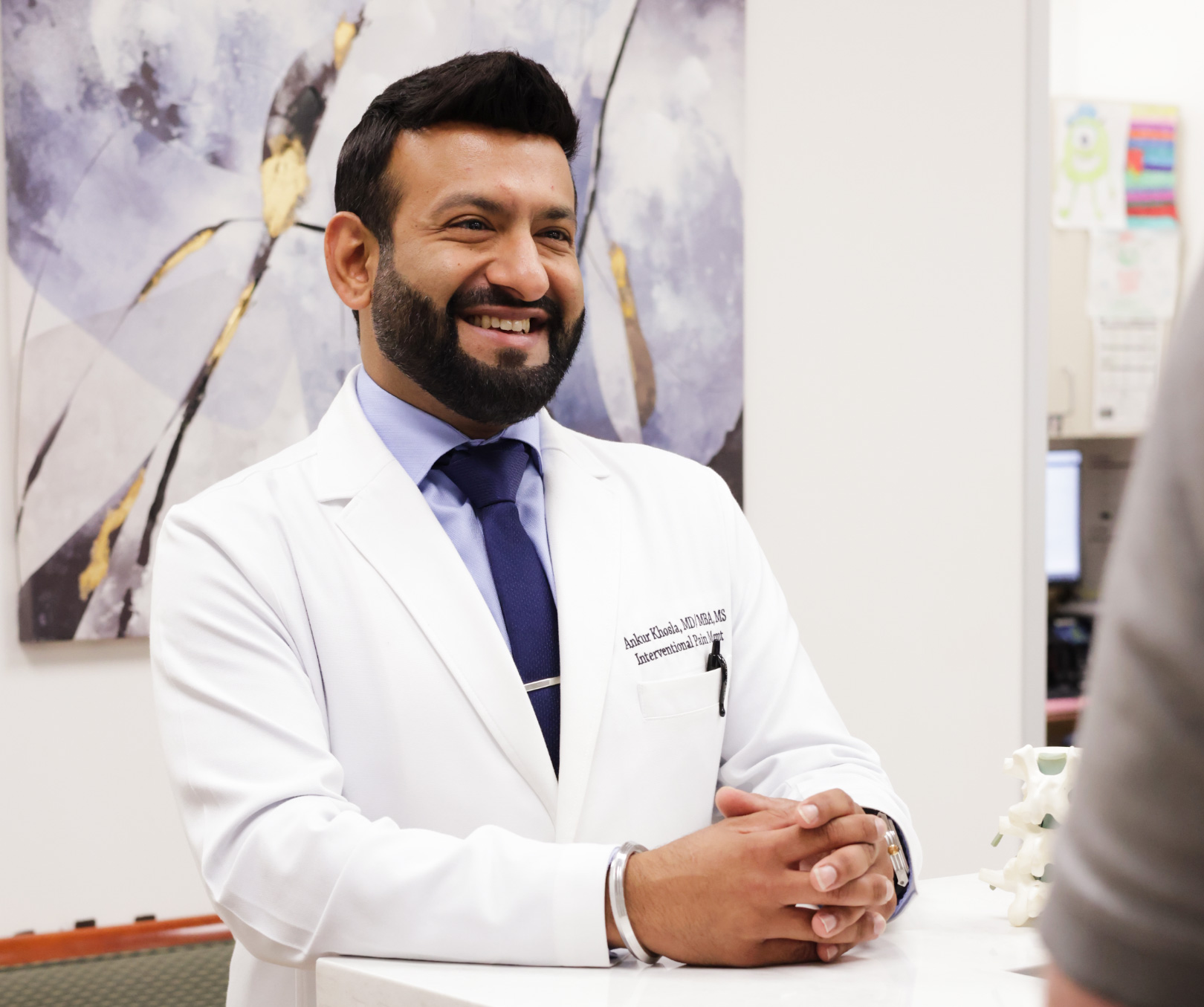Common Symptoms of a Herniated Disc

Do you think you have a herniated disc? Here is everything you need to know.
Did you know herniated discs are a common cause of back pain? While many people experience discomfort in their backs as they age, many cannot identify or alleviate it. Understanding the warning signs associated with herniated discs is an excellent first step. Here is everything you need to know about herniated discs and our recommended treatment options.
Common Symptoms of a Herniated Disc

Do you think you have a herniated disc? Here is everything you need to know.
While this is a common problem, it’s burdensome and painful for those who can’t seem to find relief. What people often describe as a dull ache in the lower portion of your back can begin to feel debilitating over time. There are various potential solutions and products on the market geared toward relieving discomfort, but finding a long-term solution for back pain is different for everyone. We recommend stretching as a starting point if you’re ready to find relief from lower back pain.
What is a Herniated Disc?
Our spine is composed of small vertebrae bones and intervertebral discs. These small, thin discs can significantly impact our comfort and ability to function. They absorb excess shock and support our mobility, which allows us to perform daily activities, such as walking, sitting, and picking up heavy items. However, intervertebral discs can wear out over the years, and the impacts can feel extremely uncomfortable.
The Difference Between a
Herniated Disc & Bulging Disc
Herniated and bulging discs are often confused with one another, but they are two unique conditions. While they are both relatively common and occur for similar reasons, they are completely different injuries. A herniated disc is more severe and characterized by the soft inner portion of the disc escaping from the tough outer coat. This tear can take several months to heal and can cause discomfort for a prolonged time.
With a bulging disc, however, the disc stays fully intact but becomes compressed. Bulging discs can also cause discomfort but are often less extreme and heal faster. Thankfully, there are nonsurgical solutions for both conditions. Please stop by AK Pain & Spine to explore a comprehensive list of recommendations to relieve your pain!

What Causes a Herniated Disc?
Herniated discs can occur for a variety of reasons. Most commonly, they are the result of natural aging processes. As we age, the intervertebral discs lose flexibility and support, which causes excess pressure to transfer across our vertebrae and into surrounding nerves. While this natural occurrence can happen at any age, most people experience herniated discs in their mid-30s to late-50s.
Daily habits can also increase the risk of developing a herniated disc. Living a non-active lifestyle is a primary example. Slouching in chairs can put excess stress on your spine and cause the intervertebral discs to degenerate at an increased rate. Sedentary lifestyles also lead to weaker back muscles, which causes your spine and the intervertebral discs to overcompensate. However, if you decide to hit the gym, improper weight-lifting habits can also damage your spine. Please take proper precautions and protect your back from unnecessary damage when attempting to improve your lifestyle habits!
Warning Signs of a Herniated Disc
Please pay close attention to how your body feels throughout the day if you think you have been suffering from a herniated disc. Here are some of the most common warning signs to keep in mind. Please schedule a consultation at AK Pain & Spine Center if any of these concerns sound familiar. We can help you identify the source of your pain and develop an effective treatment plan.
Pain
Radiating pain in your arms or legs is a common sign of a herniated disc. The location of the damaged disc will impact where you feel the most pain. If it is at the top of your spine, you may notice a dull, consistent pain in your shoulders, neck, and biceps. Many patients even experience sharp, shooting pain down their arms and into their hands throughout the day. If the herniated disc is in your lower back, you will notice a similar dull pain in your lower back, hips, and thighs. You may also experience a shooting pain that reaches your feet.
WEAKNESS
Another common symptom of herniated discs is muscle fatigue. Similarly to the pain, you may feel weak in your back, arms, and legs — depending on the location of the damaged disc. The weakness will feel especially noticeable when you try to exert force, such as lifting a heavy box or walking for an extended period. Many people begin to feel weaker as they age. However, if you feel fatigued at an abnormal or rapid rate, you may suffer from a herniated disc.
Numbness
You may also notice a numbing sensation if you suffer from this condition. While the numbness may not feel permanent, you might notice it intermittently throughout the day as it comes and goes. If you begin to feel numb, please take a seat and wait for the feeling to subside. Numbness, especially in the legs, can cause you to lose balance. The last thing we want is for anyone to hurt themselves! Please schedule an appointment at AK Pain & Spine as soon as possible if you are experiencing numbness in your arms and legs. Our team wants to alleviate this issue to ensure you are safe and comfortable.
Herniated Disc Treatment
Are you ready to treat your herniated disc? Start with exercise! Stimulating your muscles and improving your flexibility is a great starting point for anyone wanting to strengthen their back. Correcting your posture is also an excellent way to alleviate pain caused by herniated discs, especially if you work at a desk or frequently drive long distances. However, countless treatment options are available if the pain does not subside.

Stop by AK Pain & Spine Center for a consultation. Our highly-skilled team can assess your pain to help you determine your next steps. While some people benefit from physical therapy stretches and specific workout routines, others need additional support, such as steroid injections. We will inject a numbing agent into your spine to reduce pressure and alleviate inflammation. Many feel long-term relief after one treatment, but patients can return multiple times until they achieve their desired results. Each steroid injection will get you one step closer to alleviating your herniated disc and living a pain-free lifestyle!

Please remember that you do not need to resort to surgery if you still notice pain after physical therapy stretches and steroid injections. We recommend patients consider Spinal Cord Stimulation, as it is less invasive and has a faster recovery time. We can block pain signals from reaching the brain by sending mild electrical stimulation to the affected nerves. This treatment allows your spine to heal over time, and you do not have to suffer from unwanted pain throughout the healing process. Whether you want to avoid surgery or surgery was ineffective the first time, we are ready to walk you through all of your options to ensure you find relief.
Find Relief at AK Pain & Spine Center
If you suffer from chronic pain due to a herniated disc, please remember that you do not have to manage it alone. Our team at AK Pain & Spine is ready to work alongside you to provide expert recommendations and create actionable treatment plans. We believe nobody in pain should wait. Please book an appointment to get started and find the relief you deserve!
